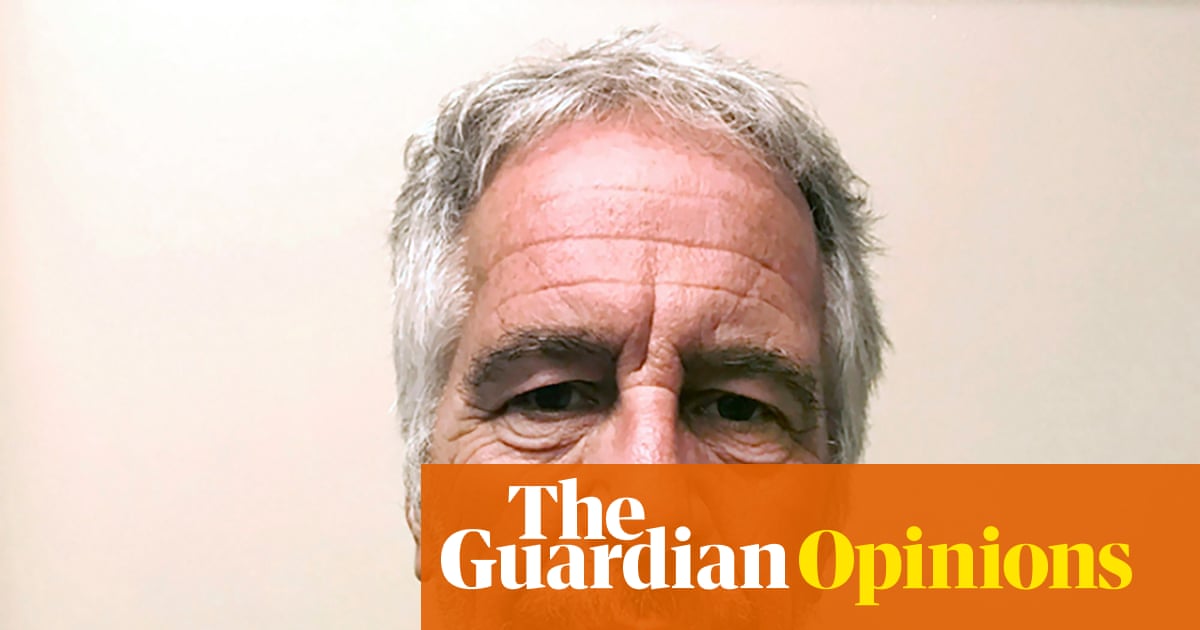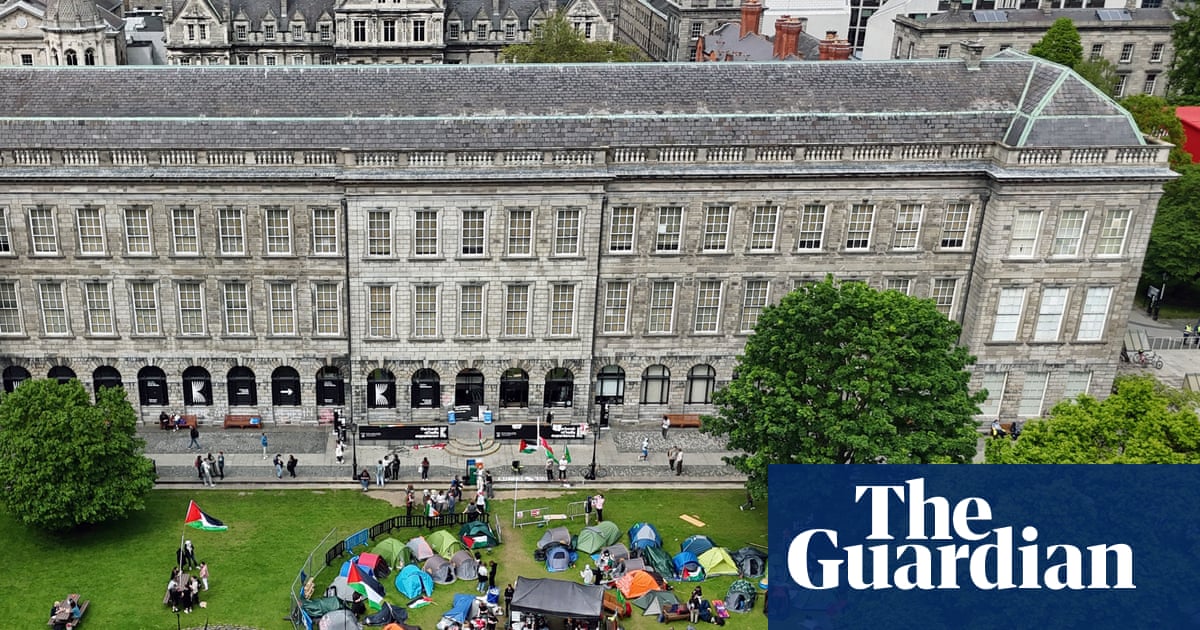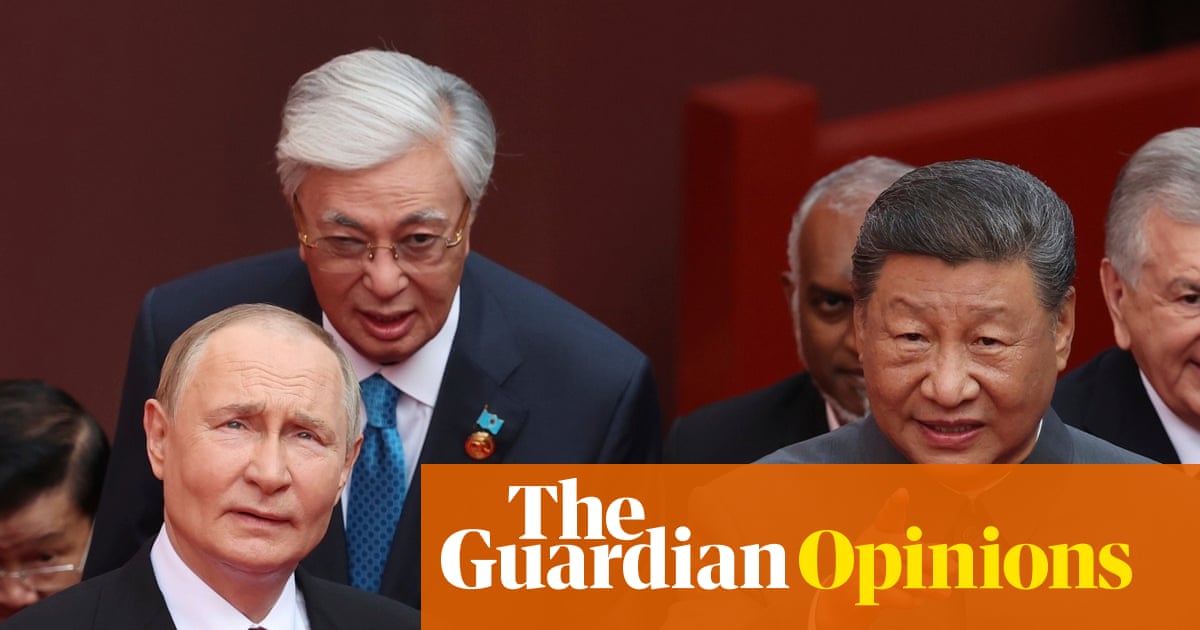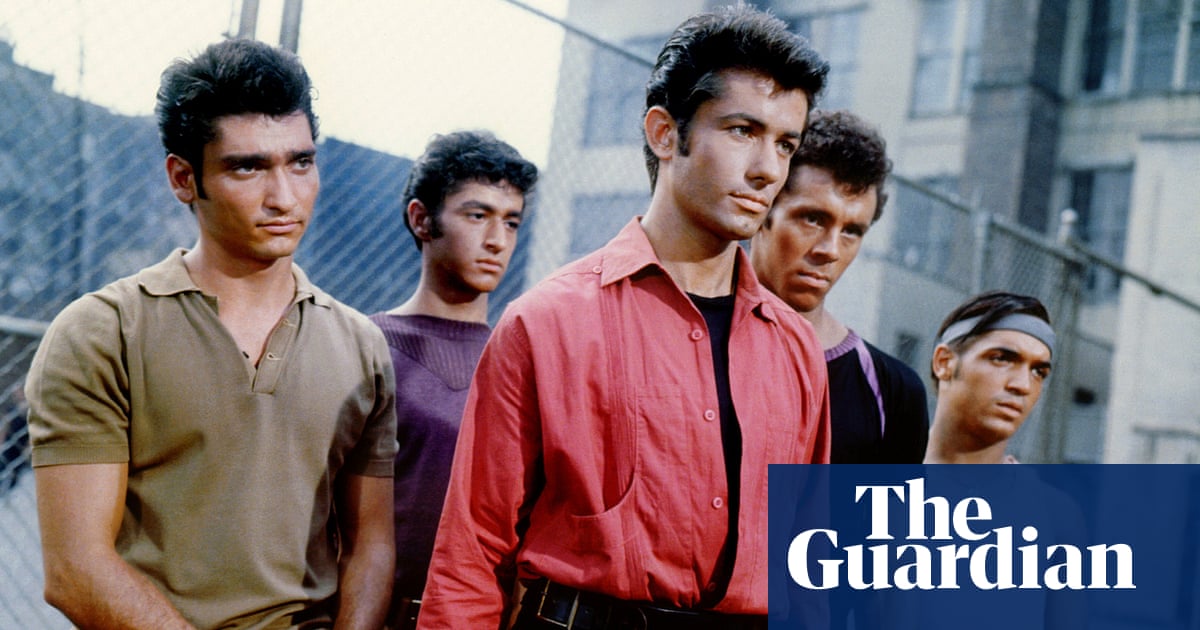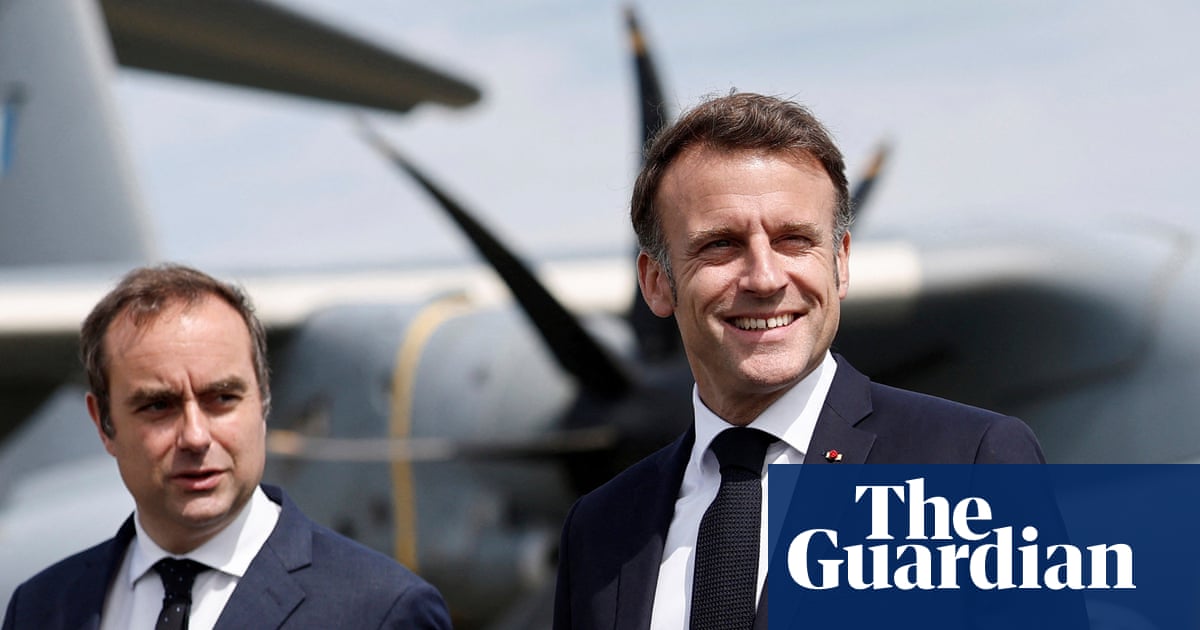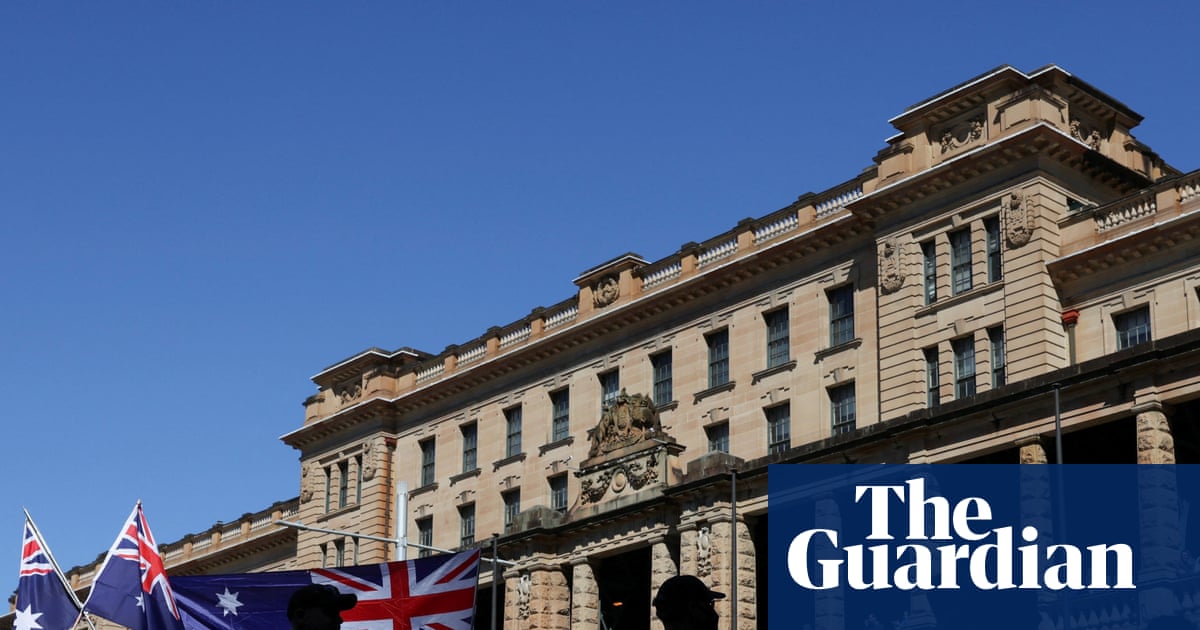Deep within the glittering bowels of Stockholm’s fanciest hotel, grave ruminations on the future of the world are taking place.
A heady throng of tech billionaires, ministers, corporate titans and the king of the Netherlands have convened in Sweden for the 71st Bilderberg meeting – the publicity-shy annual policy conference that has long sustained conspiracy theorists – hosted this year by the fabulously wealthy Wallenberg family.
The four days of transatlantic talks are taking place at the swanky Grand hotel, which is owned, like so much else in Sweden, by the Wallenbergs. The Swedish PM, Ulf Kristersson, turned up for welcome dinner on Thursday evening, and would have been about halfway through his second plate of meatballs when the first of Israel’s rockets dropped on Tehran.
What better time for the prospects of world war three to go up a gear than in the middle of a Bilderberg conflab, with nuclear proliferation slated for discussion, and the heads of Nato and MI6, and two of America’s most senior military officers in the room. They’re joined in Stockholm by the CEOs of several major defence suppliers such as Palantir, Thales and Anduril. Even the quietly spoken host of the conference, Marcus Wallenberg, happens to run an arms company. He’s chair of Sweden’s largest defence contractor, Saab.
The Tehran attacks slot happily into the conference agenda, which includes the topics “Middle East” and the rise of an “authoritarian axis” – what Bilderberg insider Nadia Schadlow, a former deputy US national security adviser, describes as “the growing collusion among revisionist powers”.
According to Schadlow: “An authoritarian axis is rapidly coalescing around China, Russia, Iran, and North Korea, disrupting the belief that an international community has taken shape in the aftermath of the cold war.”
Earlier this year, the Economist magazine, whose editor sits alongside Schadlow on Bilderberg’s steering committee, struck a similar note, declaring: “The rupture of the post-1945 order is gaining pace.” But the Economist handed Donald Trump a fair chunk of the blame for “junking the transatlantic alliance”.
What this means for Bilderberg is that seven decades of hard work nurturing the postwar international order are in danger of going up in – literal – smoke.
Trump’s vice-president, JD Vance, has taken every opportunity to lever the US and Europe apart. “Europe being more independent”, he said recently, “is good for the United States.” Back last summer, before the election, he said: “The United States has to focus more on east Asia. That is going to be the future of US foreign policy for the next 40 years, and Europe has to wake up to that fact.” The presence in Stockholm of Samuel Paparo, the head of the US Indo-Pacific Command, is a sign that Bilderberg has taken this to heart. Also, there’s another member of the “authoritarian axis” which looms far larger than Iran over this conference: China.
Though the name “China” doesn’t actually appear on this year’s agenda, the heightening struggle between America and China is a spectre which haunts at least half of the topics being discussed – from the “geopolitics of energy and critical minerals” to “defence innovation and resilience”.
Just a couple of months ago, Eric Schmidt, the former Google boss and longtime Bilderberg board member, warned that “China is at parity or pulling ahead of the United States in a variety of technologies, notably at the AI frontier”. Schmidt suspects that it will be only a matter of “three to five years” before some form of super-intelligent AI is achieved.
“The geopolitical stakes, especially in the race with China, are enormous,” he says, because attaining super-intelligent AI would mean total and unassailable military domination. In short, it would give the winner “the keys to control the entire world”.
But here’s the problem – “due to the immense power requirements of large-scale AI”, beating China to the super-intelligent punch would require “potentially 100 times more energy” than is currently available.
The head of the International Energy Agency, Fatih Birol, who is conferencing this year at Bilderberg, recently posted on X that “global electricity demand from data centres powering AI is set to soar in the next decade”.
In this desperate winner-takes-all race for the keys to the world, in which the “geopolitics of energy” becomes ever more important, power stations – along with the data centers they feed – are going to become the No 1 military targets.
Cue the AI drones.
For the time being, before AI invents completely new and unimagined ways for us all to kill each other, drones are perhaps the biggest practical application of AI in warfare. There’s a healthy swarm of drone manufacturers at this year’s Stockholm summit, sharing their hopes and fears about “defence innovation”.
Hovering alongside Eric Schmidt there’s the chairman of Thales – “a leader in the fast growing market of unmanned aircraft systems”. Buzzing nearby is Gundbert Scherf, co-founder of German drone and AI company Helsing. One of the early investors in Helsing is also present: the CEO of Spotify, Daniel Ek, which presumably means that the Helsing drones will have the best playlists, booming out suggested songs as they swoop down to attack.
The investment interlinking of Bilderberg participants is particularly intense around autonomous drone tech. Saab is an investor in Helsing. Helsing is collaborating with leading AI company Mistral, whose CEO is attending the conference. Mistral was funded by Schmidt, who’s a huge fan of military UAVs.
Schmidt’s recent AI/drone expo, which took place last month in Washington, was co-sponsored by Palantir, which was set up by Bilderberg insider Peter Thiel, who is a major funder of Anduril, whose CEO, Brian Schimpf, is also in Stockholm. Schimpf is a former employee of Palantir, whose CEO, Alex Karp, is also on board of Bilderberg, having been ushered on to it by Thiel. And so it goes.
Thiel’s fingers can be found wriggling around in an awful lot of pies, not least the juiciest pie of all: the White House. The two senior White House officials at the Stockholm conference, Kevin Harrington and Michael Kratsios, both used to work for Thiel Capital. And Thiel’s famously long list of influential acolytes includes none other than Vance.
Only a few days ago, Vance was on a podcast defending Trump’s proposed Palantir-powered database on every citizen, which was described by MSNBC as “an unprecedented spy machine that could track Americans”. Vance waved away any such concerns: “I don’t believe that Palantir is collecting any information.”
Thank heavens for everyone’s freedoms, Palantir is run by self-confessed “classic liberal” Alex Karp. In a recent earnings call, the idiosyncratic CEO said his company was busy “building really great things”, in order “to power the west to its obvious innate superiority”.
Karp throbs with what he calls “productive narcissism” – at Palantir, he insists: “We’re proud of our moral stance”. His philosophy, as he sums it up, is this: “If you’ve done something big and important, you’re probably a good person.” Palantir is successful, ipso facto, it’s doing good.
As the Economist put it: “Fast approaching is a might-is-right world.” It’s a kind of Gordon Gekko morality that would be heartily approved of by Wall Street legend and Bilderberg faithful Henry Kravis of KKR, on whom Gekko was actually based.
Of course, not all the tech luminaries at this year’s Bilderberg are thinking in terms of world domination.
Demis Hassabis, the co-founder of DeepMind, turned up in Stockholm with the 2024 Nobel prize for Chemistry in his back pocket and some rather more optimistic rhetoric about AI, which he thinks will usher in an era of “radical abundance”. He thinks of AI as “the cavalry” arriving to save us from ourselves.
He says: “I’d be very worried about society today if I didn’t know that something as transformative as AI was coming down the line.”
And Jack Clark, the co-founder of Anthropic, likes to think AI replace us in every last will help us find new ways of living fulfilling lives. His vision is of a world in which, freed up from our jobs, we’ll engage in “creative, fun exercises in getting AIs to build things, or make things, or carry out competitions and games where people can play them with one another”.
Pulling back for a moment from the AI endgame to the world in 2025, there’s one rather less jazzy item on the conference agenda worth mentioning – “US economy”.
But even this has everything to do with China. Taking part in the Stockholm summit is Republican congressman Jason Smith, a vocal fan of Trump’s “America first” trade policy. Smith has pledged to “continue fighting to combat the economic and national security threat China poses to our great nation”. He’s fully aligned with fellow conference goer Robert Lighthizer, an influential economic adviser close to Trump, who told CBS News earlier this year that “China to me is an existential threat to the United States”.
Lighthizer is urging a “strategic decoupling” from Chinese trade, and most importantly, he says: “We should disentangle our technology.”
Here’s where Trump’s trade vision intersects with not just the long view of Silicon Valley’s bullish billionaires, but with the longstanding transatlantic vision of Bilderberg. Thiel recently called for “a very drastic reset with China” and urged other nations to do likewise.
In other words, look at our success, and join us. Of course, the only thing wrong with this self-fulfilling meritocratic version of western civilization is that if the Chinese succeed in beating the west to the keys of the world, it will mean that they were the good guys after all.

 2 months ago
39
2 months ago
39




